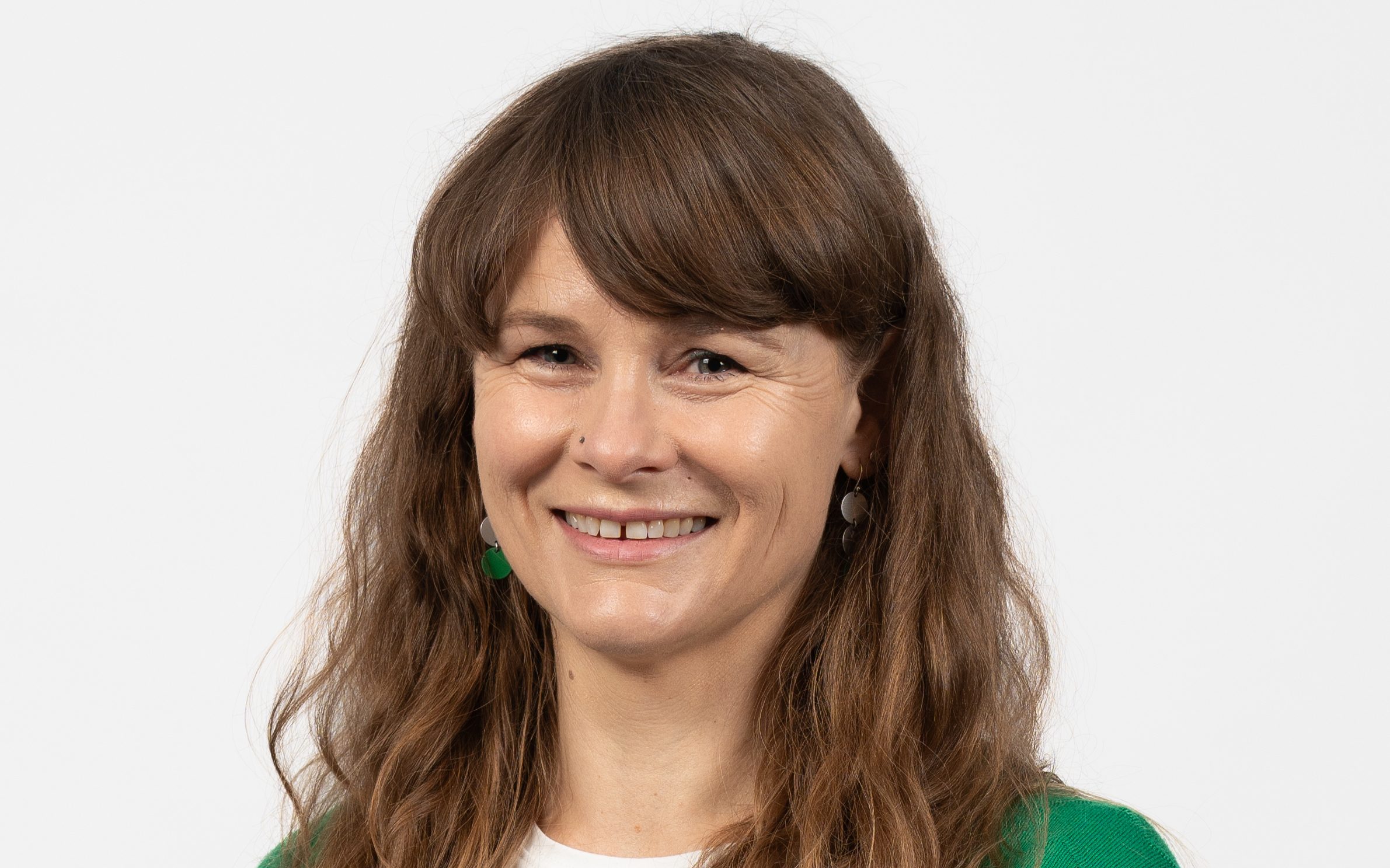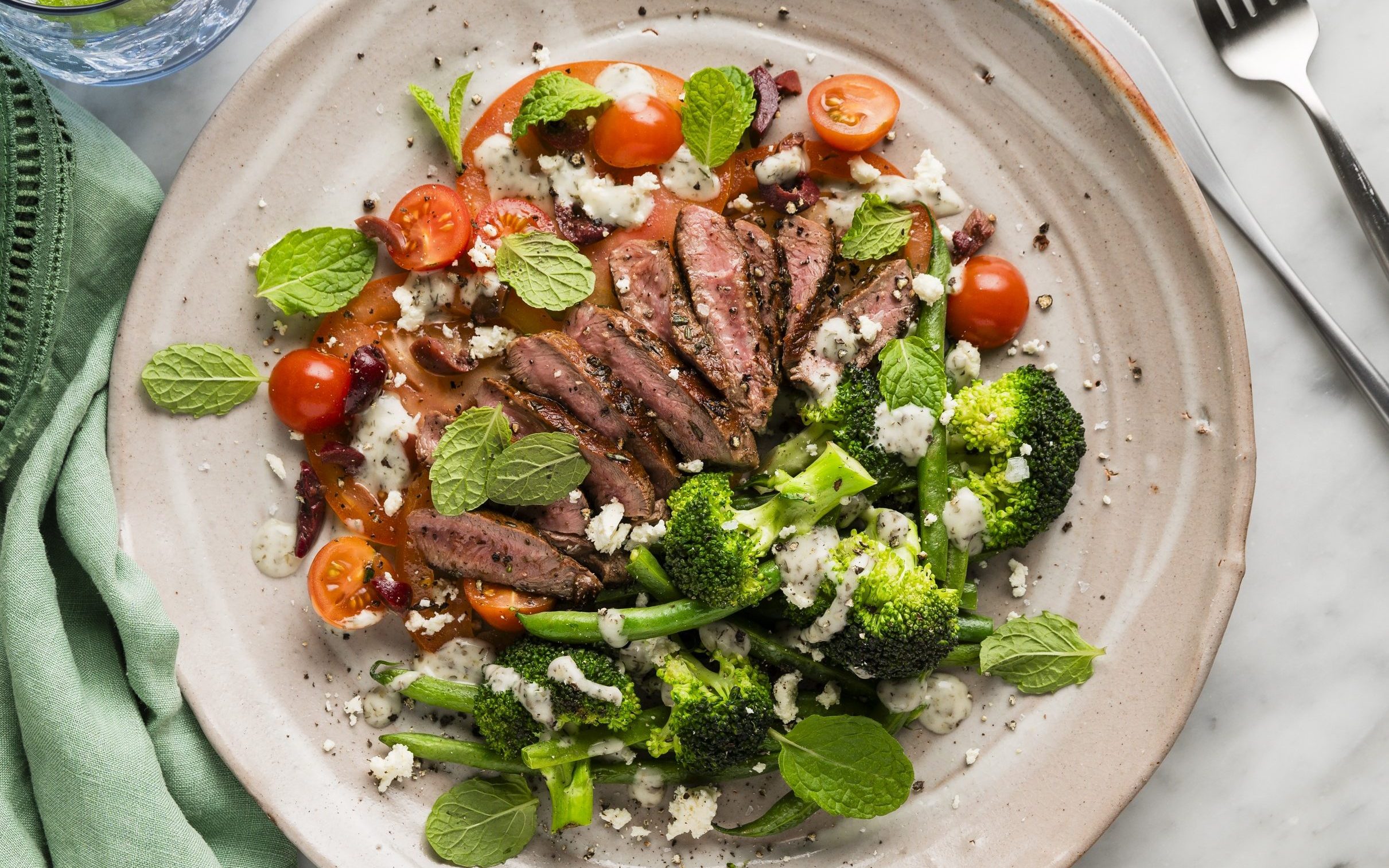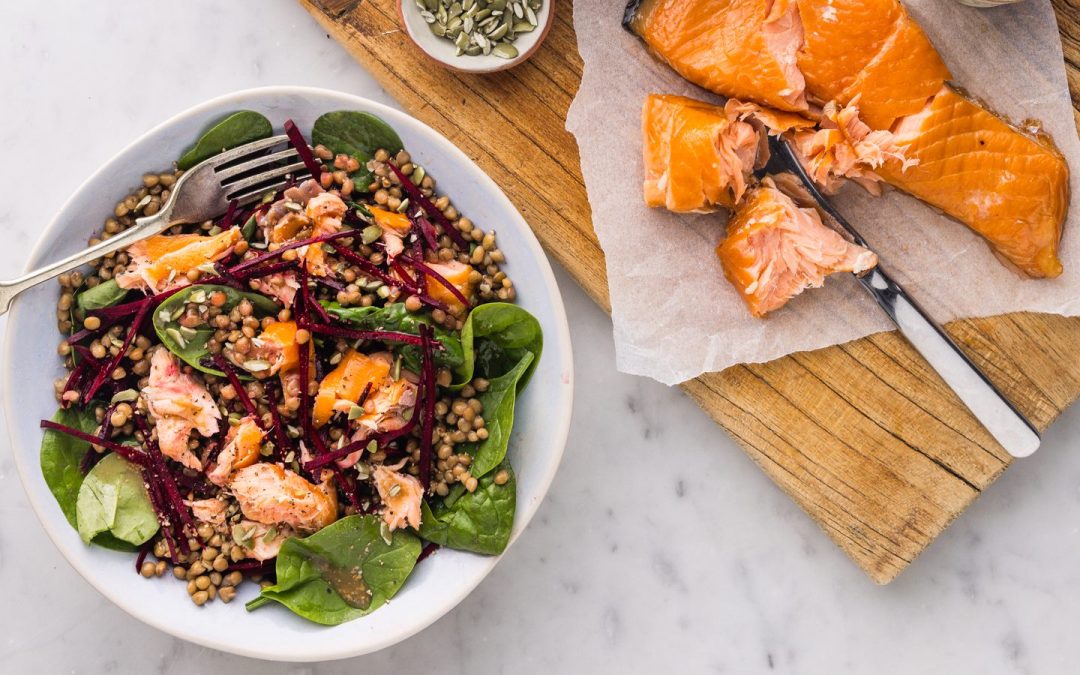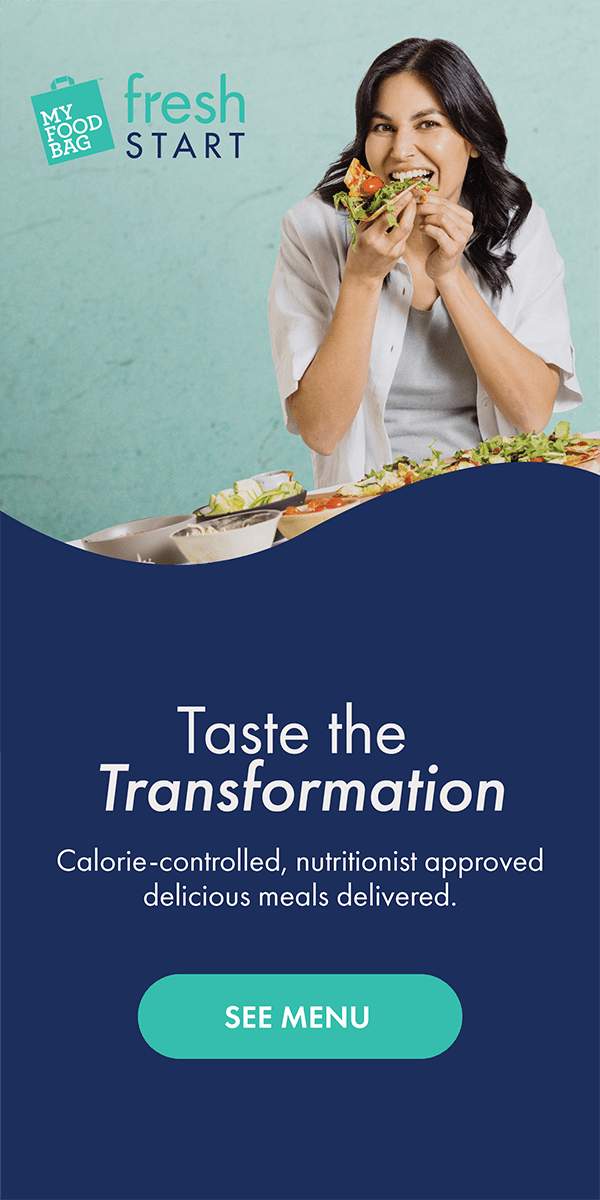Dr Catherine Wall knows a thing or two about inflammatory bowel disease (IBD). She is a New Zealand Registered dietitian with a PhD in nutrition therapy for Crohn’s disease. Given it is World Inflammatory Bowel Disease Day on May 19, we’re lucky to have Catherine and the Gut Foundation share their knowledge below with the Fresh Start community.

What is Inflammatory Bowel Disease (IBD)?
There are two main forms of IBD which cause inflammation and irritation in the digestive tract. These are Crohn’s disease and ulcerative colitis.
Ulcerative colitis is inflammation of the mucous membrane or superficial lining of the large bowel. It causes swelling and ulcers in the lining of the large intestine (colon).
Chron’s disease is inflammation of the full thickness of the intestine rather than just the superficial lining. It causes swelling, thickening and inflammation and is most likely to develop in your ileum (last part of your small intestine) or your colon.
People often get IBD confused with Irritable Bowle Syndrome (IBS) which is a chronic (ongoing) gut condition. It’s not the same as inflammatory bowel disease (IBD).
Who is affected by IBD?
IBD can affect anyone, at any age, from any ethnicity, in any community. It is an incurable, lifelong condition, but symptoms can be treated with medication or sometimes surgery.
It was once thought to be more common in Western countries but is now a global health concern with rates rising across the world, including here in Aotearoa. Recent data from the University of Waikato suggests that 20,000 people live with this condition in New Zealand. By 2045, cases are predicted to double to 40,000.
Although IBD is often diagnosed in young adults between the ages of 15 and 35, it is increasingly being recognised in children and older people, challenging the misconception that it is a disease only affecting the young.
So, what are the symptoms?
Diarrhoea is the most common symptom among a range of different signs to look out for. These often include changes in bowel habits as well as abdominal pain, bloating, fatigue and, depending on the site of inflammation, may even include rectal bleeding.
Constipation can also be a symptom because inflammation affects how food moves through the gut and can cause narrowing of the intestines.
Always talk to your health professional if you experience any changes in your bowel habits so that you can work towards an accurate diagnosis and focus on treating the cause of gut symptoms.
How IBD impacts diet and eating habits
Food plays an essential role in everyone’s life, but for those with IBD, eating is often fraught with anxiety and discomfort.
Here are Dr Catherine Wall’s five reasons why eating a varied diet is important for people living with IBD:
- Nutrition
IBD can lead to nutrient deficiencies (iron, vitamin D, B12, and calcium). A diverse diet means better micronutrient intake, supporting energy levels and immune function.
- Gut microbiome support
Eating a variety of different foods promotes a diverse gut microbiome, which helps regulate inflammation and supports gut health. Prebiotic foods, such as foods high in dietary fibres (grains, nuts, seeds, legumes, fruit, vegetables), and probiotic foods, such as yoghurt and fermented food, encourage a balanced gut microbiota.
- Maintenance of digestive function
Eating a variety of foods that contain dietary fibre (i.e. grains, nuts, seeds, legumes, fruit, vegetables) helps improve bowel regularity. This can help to prevent constipation and manage diarrhoea.
- Reduced food intolerances
Over-restricting foods for extended periods of time can lead to more severe food sensitivities and increases the risk of nutrient deficiencies. Eating a varied diet helps the gut stay adaptable and tolerant to different foods.
- Improved quality of life
More food choices lead to better meal enjoyment. Avoiding unnecessary restrictions reduces food anxiety and enhances mental wellbeing.
If you are struggling to increase your dietary intake it’s always best to see a registered dietitian with IBD expertise. They are experienced in supporting people to increase their tolerance of foods, increase nutrient intake from foods and reduce any anxiety associated with eating.

Where does Fresh Start fit in?
At Fresh Start we understand the overwhelm of building a healthy diet and fitting with your preferences and health conditions.
Our weekly menu features a wide range of nutrient-rich foods, which will help you to keep your diet varied and support the intake of key nutrients that support gut health like dietary fibre. The other bonus is removing the stress and mental load of planning – which also supports optimal gut health.
If you join our 8-Week Reset you get access to our team of registered dietitians & nutritionists and our Facebook community where we celebrate the progress, the small wins and the journey. We’re about progress, not perfection.


